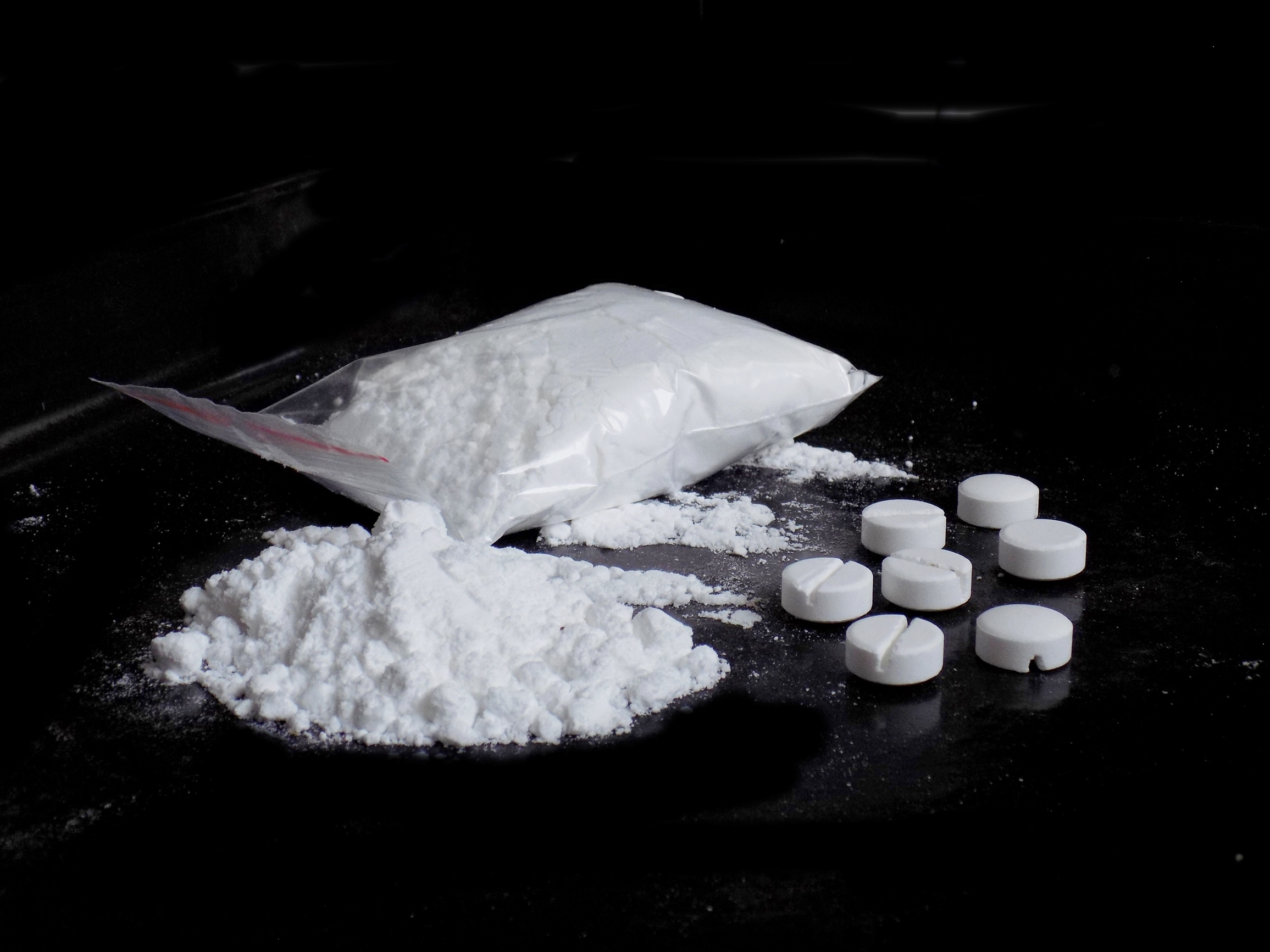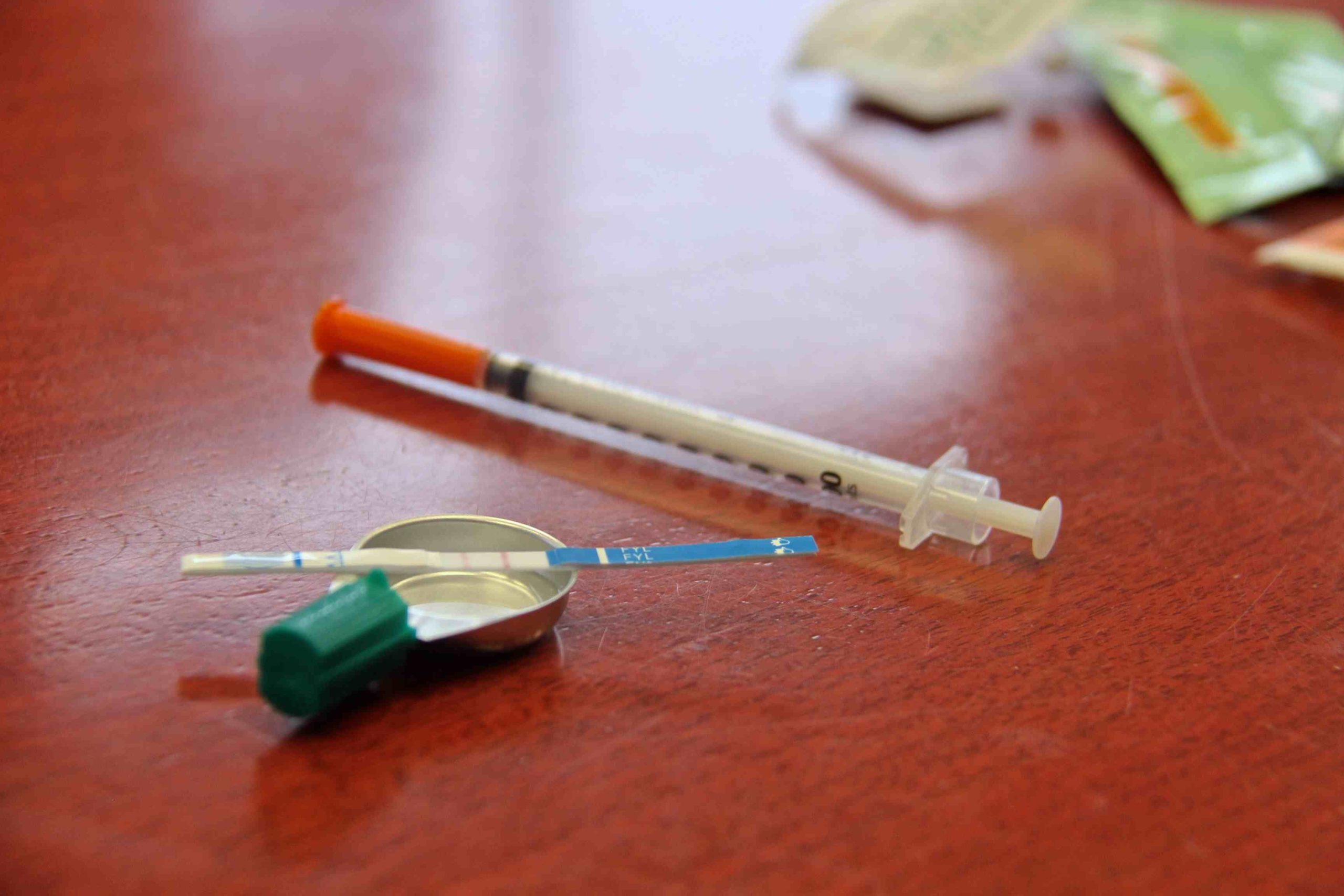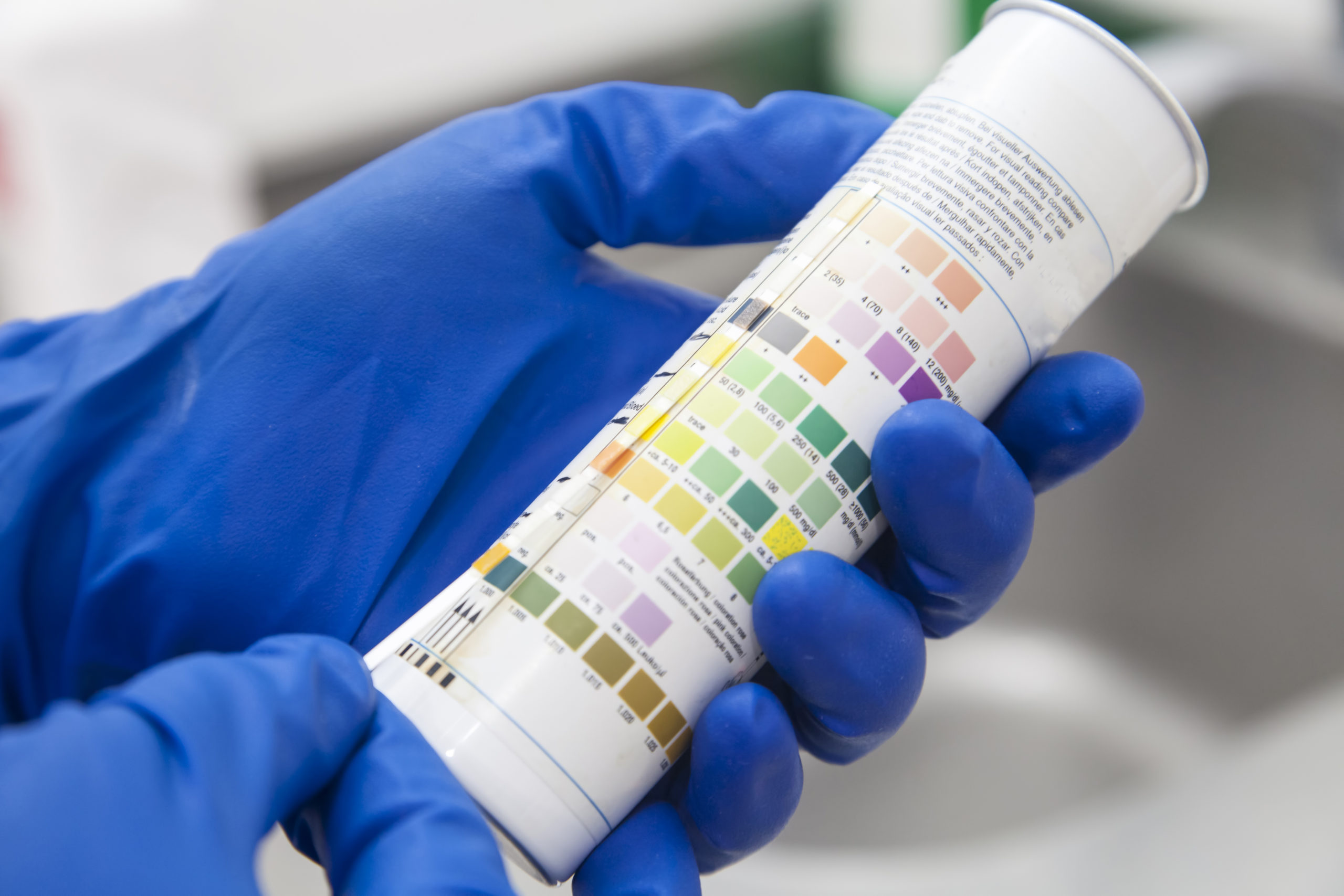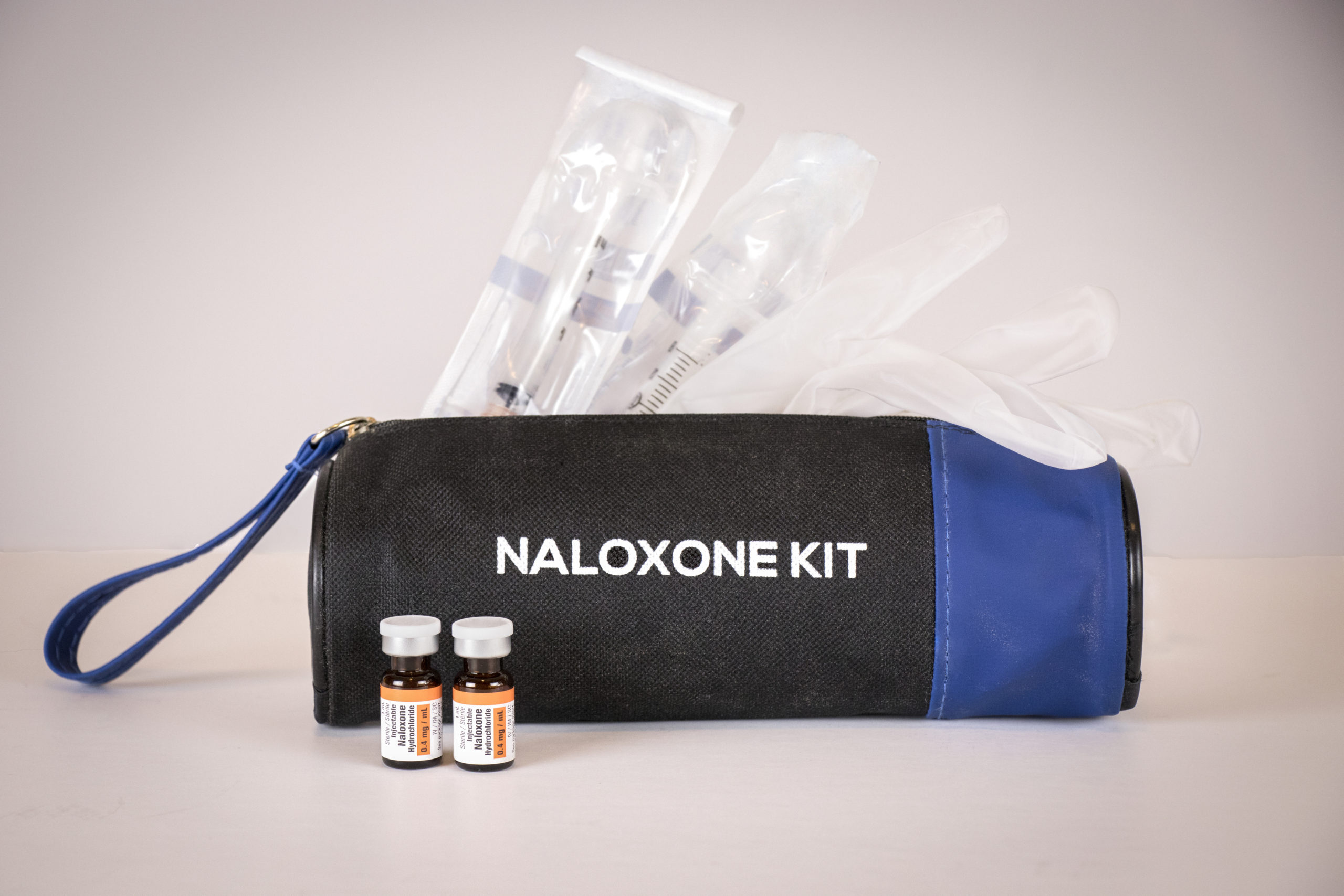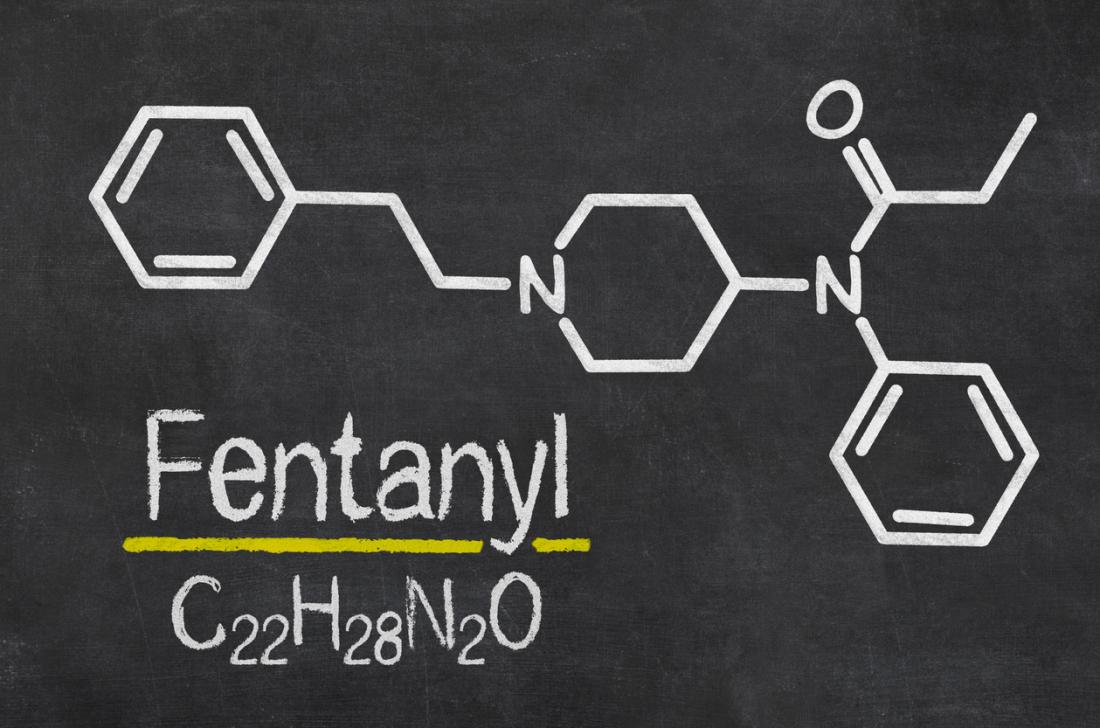Addiction and Public Policy Initiative – Five Year Review
The Addiction and Public Policy Initiative at the O’Neill Institute for National and Global Health Law was established in 2018 through a generous grant from Arnold Ventures. Housed at Georgetown Law, the Addiction and Public Policy Initiative works at the intersection of public health and the law to advance a public health approach to substance use disorder and the overdose epidemic through legal and policy strategies that promote evidence-based treatment, harm reduction, and recovery. This reports highlights O'Neill's accomplishments over the last five years....






